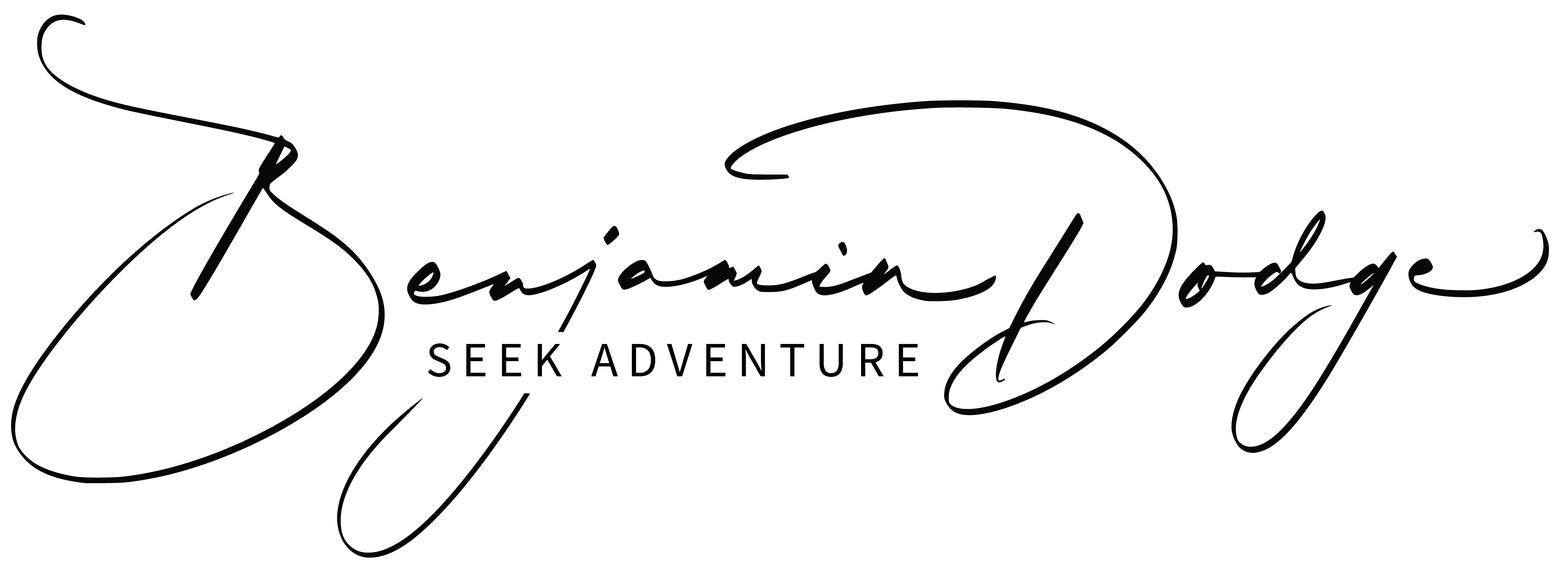Most people quit before they’ve even started. They flirt with the idea of greatness, but when the grind claws at their flesh, when the suffering piles on, they fold.
Commitment isn’t just saying “I’ll do this.” It’s a covenant. It’s a vow written in blood, sweat, and the marrow of your bones.
I learned this on the long, brutal roads of the Race Across the West—a 1,000-mile gauntlet where the weak are chewed up and spit out by the relentless clock and the unforgiving terrain.
I rode through days where my neck collapsed—Shermer’s Neck—my head dangling like a broken puppet because my muscles quit holding it up. I had to rig a makeshift brace just to keep my eyes on the road. Most would’ve stopped. But commitment doesn’t ask for comfort—it demands continuation.
Then later in the Race Across America – a 3,000 mile extreme endurance cycling race across the entire country, there were the nights where pneumonia filled my lungs, every cough detonating through my chest, every breath clawing at me like broken glass. Blood sprayed across my bike, my jersey, my hands sticky and raw, my helmet crusted in red. And still—I kept pedaling. Not because I felt good. Not because I wanted to. But because I had committed.
Commitment isn’t emotionless. In fact, when you’re at your edge, when you’re shredded to nothing but will, emotions become jet fuel. Hurt becomes defiance. Anger becomes power. Sadness becomes surrender to the process. Frustration becomes a war cry. When you stop running from those emotions and start riding them, they will carry you further than talent or comfort ever could.

But here’s the deeper truth: commitment is spiritual. It’s the bridge between your human fragility and your infinite potential. When you know your why—when your purpose is bigger than your pain—commitment locks you into alignment with something divine. You tap into that place beyond flesh, beyond logic, beyond the fragile ego. You find that warrior-soul that doesn’t bargain with pain, it burns through it.
True commitment is sacred fire. It doesn’t care if your body is broken. It doesn’t care if you’re suffocating in blood and breath. It doesn’t care if your mind is screaming to quit. It drags you forward, inch by inch, pedal stroke by pedal stroke, into becoming the person you were meant to be.
So next time you want something—really want it—don’t half-ass it. Don’t whisper your vows to yourself in the safety of comfort. Commit. Burn the damn boats. Cross the line where there’s no going back.
Because in that place—when the pain comes, when the blood comes, when your body collapses—you’ll either break, or you’ll rise into something eternal.
And if you rise, you’ll know the truth I learned on the endless roads of America: commitment is the only bridge between who you are and who the fuck you’re meant to become.
Reflection & Challenge
Sit with this: Where in your life are you pretending to be committed when you’ve really left yourself a back door? Where are you still whispering “I’ll try” instead of declaring “I will”?
Commitment isn’t convenient. It’s costly. It demands blood, sweat, tears, and the death of the old you. But it’s also holy—it forges you into the man or woman who cannot be broken, no matter what storm hits.
Challenge:
- Identify Your Why. Write down the one thing in your life right now that is worth suffering for. Not a comfort. Not a wish. A sacred mission.
- Burn the Boats. Cut off the escape routes. Declare your commitment publicly, to someone who will hold you accountable. Don’t leave yourself the option to quit.
- Transmute Your Pain. The next time anger, frustration, or sadness show up—don’t numb them, don’t run from them. Channel them. Ride them like a warhorse straight into action.
Stop playing soft with your own destiny. Stop confusing interest with commitment. Interest walks away when it hurts. Commitment bleeds, coughs, breaks—and still moves forward.
The only question left is: will you fucking commit, or will you keep pretending?
#MindsetMatters #BecomingMasculine #MasculineEnergy #ForgeTheMan #AwakenTheSavage #RawMasculinity #MasculineFire #MensMentalHealth #DisciplineEqualsFreedom #SelfMastery #MensHealthAwareness #MasculineRevival #ModernMan #MindsetMatters #GrowthMindset #EffortVsAbility #ProcessOverPraise #NoParticipationTrophies #Resilience #MentalToughness #PersonalGrowth #SavageTruth #ForgeTheMan #BurnTheWeakness #UnleashPotential #AwakenTheSavage #RiseFromTheAshes #ParentingWithPurpose #LeadershipTruth #RaiseStrongKids #AuthenticLeadership #NoMoreMediocrity #Motivation #Discipline #MindsetShift #GrindMindset #HardWorkPaysOff #SuccessMindset #MentalStrength #TheRealBenDodge #SavageMindset #Commitment #NeverQuit #RAAM #Endurance #MentalStrength #HigherConsciousness #PhoenixRising #Unbreakable

Ben Dodge, J.D.
Adventurer, Author, Entrepreneur, Extreme Endurance Athlete, Lawyer




